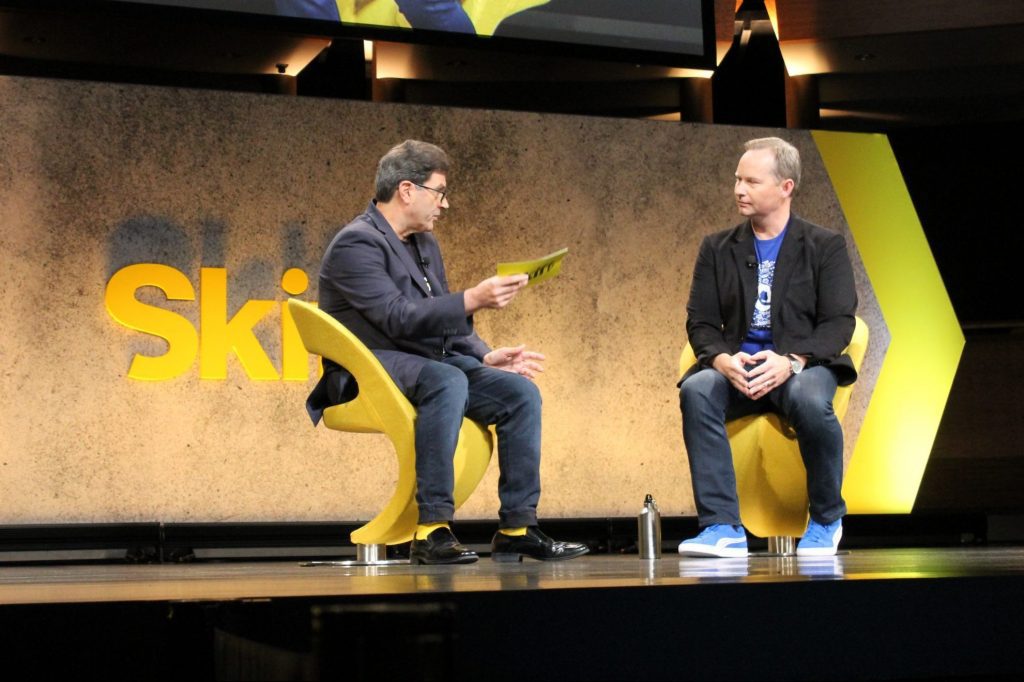Expedia CEO: Mergers and Acquisitions Are Always on the Table

Skift Take
An Expedia acquisition of Thomas Cook? While problematic on many fronts, including buying all of those offline agents, it isn't out of the question. Consider that Expedia would gain access to a customer base in Europe that it hardly touches. Expedia's Barry Diller has made a ton of acquisitions. He and Okerstrom are hardly done yet.
There's been some sentiment that Expedia Group is in an internally focused phase, digging in on expanding its hotel inventory, planting deeper roots globally, and working out the kinks in integrating its 2015 acquisition of HomeAway rather than going out and looking for a sexy, big merger.
But whether it's trying to buy Thomas Cook in a partner-then-buy scenario like Expedia did with SilverRail, or pulling the trigger and acquiring Latin America's Despegar, where Expedia is a minority investor, deal-making is never a taboo subject at company headquarters.
Asked at the Skift Global Forum last month if Expedia was interested in buying Thomas Cook and what the company's attitude toward acquisitions is these days, Expedia Group CEO Mark Okerstrom said mergers and acquisitions will always be part of the plan.
"It's in the DNA," Okerstrom said. "We're always going to look at stuff."
[You can view the Skift Global Forum videos here.]
Okerstrom pointed out that he headed mergers and acquisitions under the Dara K

